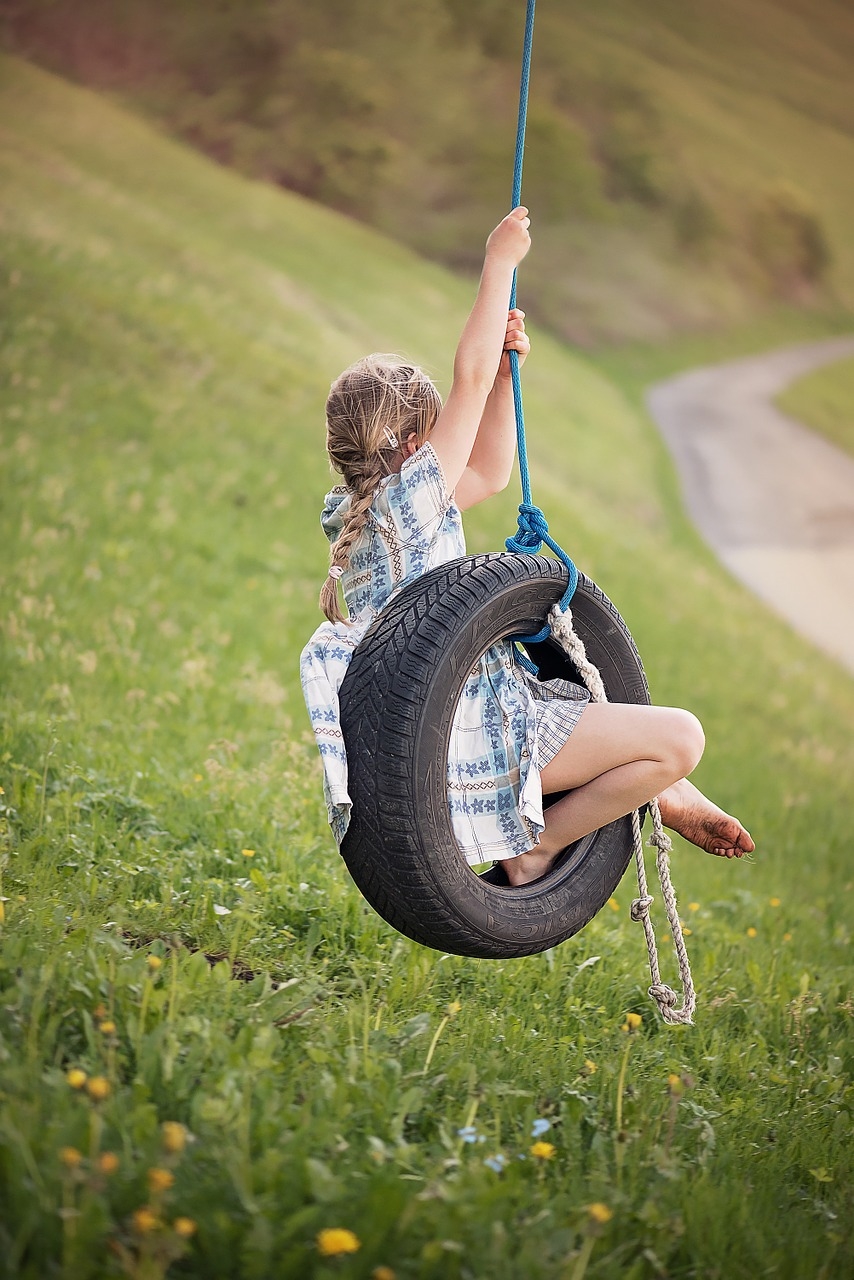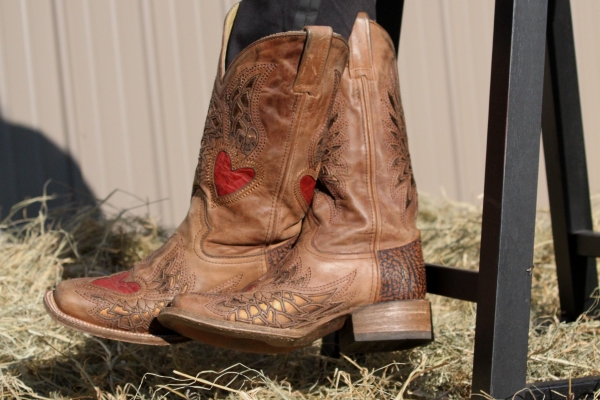
Have You Forgotten How it Feels to Play?
(4 minute read)
We don’t stop playing because we grow old; we grow old because we stop playing. —George Bernard Shaw
“You have forgotten what it feels like to play,” she asserted. There I stood as a 40 something adult with my horse, not knowing how to engage in play with him. I thought about what my teacher said that day. The more I considered her accusation the more I wondered if I had ever known what it felt like to play. I looked around me and questioned if maybe our society as a whole hasn’t forgotten what it means to play.
To recall the feeling of play I had to go way back in time. Back to some of my earliest childhood memories. There were visions of my Gram twirling one end of a jump rope, the other tied to a post, and I in the middle jumping to the point of exhaustion. Long evenings playing hide and seek in the dark with the neighborhood kids. The rush I would feel when I would dart from my hiding spot in a mad dash for base. Then there was the making of mud pies, tree climbing, and the quest to construct and jump the biggest bicycle ramp ever.
Play was lost to performance for me somewhere around the 9th grade. Basketball was a talent of mine. I practiced unrelenting, played with ferociousness, and strove for perfection in a sport where perfection is not possible. There are no straight 10 routines, or no hitters in basketball. Our team had great accomplishments, such as winning the state championship, a thrill I will never forget. Yet, basketball was anything but play. I learned fierce competition and I confused it with play through adulthood.
Until that day with my horse.
I see so many parents placing their children into formal lessons, activities, and sports of all kinds today. It seems they are doing so at younger ages than ever. Often times, a child participates in many types of lessons and sports at the same time. I guess the parents figure they need to cover all the bases to be sure to find their child’s exceptional talent they are just certain exists at the youngest age possible. I also think many times parents confuse these activities with play. When in fact, children these days have precious little, if any, true play time.
I am not writing to condemn sports or formal lessons. I believe there are many good principles gained from these types of pursuits. Yet, I do believe there is a danger in thinking these activities are substitutes for play.
As an adult, I now understand the differences between play and performance and how important keeping them straight is.
Here are 5 distinguishing traits of play:
- Play is non-competitive. Think about it, does anyone ever seek to win the championship in tag? Is a win/loss record maintained in hide and seek? The MVP of sprinkler running or monkey bars does not exist. True play is non-competitive by nature. In large part this is what makes it so fun. The reward is intrinsic to the behavior.
“Play, intrinsically rewarding, doesn’t cost anything; as soon as you put a price on it, it becomes, to some extent, not play.” Stephen Nachmanovitch
- Play is only for the benefit of the individuals involved. There is no audience. As humans we have a strong tendency to care about what others think of us. We often find ourselves wanting to please others, or draw their commendation or praise. I am confident there are parents, coaches, and the like who in no way would pressure children into formal activities such as sports or music. Yet, I would also submit it is an impossibility for a child to not feel some desire to please the adults involved.
- Only those playing guide the play. A parent, coach, or teacher does not direct play. This one is big. I see many children today who have no ability to function outside of looking at a screen or responding to the direct commands of an adult in charge. Gone are the days when kids could play for hours on a set of stairs, or in a patch of grass with nothing but a stick. Many of today’s kids are stupefied by such a proposition.
- Play occurs in spurts with recovery time between. Much like the silence between the notes makes the music, the pauses for rest make the play. No one wants to play without end. Not even puppies. It is during the moments of rest where the rush of play penetrates and gives its greatest pleasure. During the rest periods are when playmates bond. This is perhaps the single biggest reason both adults and children have lost our sense of play. We are running like rats in a maze of activities to the point of exhaustion. We leave no time for the pleasures of life to sink in. Make sure there is time in your schedule for rest.
- Play brings pleasure, not pain. Have you ever been in a wet towel chase? If you get popped by the towel what happens? First, there is the sting of the towel. Following the sting, there is a swift change in your desire to continue playing with this person. The excitement is in the chase and the closeness of the call, not in causing actual pain. When performance gets serious there is often significant pain involved. I have continued to play basketball with both a broken big toe and a broken finger at the same time. I played four consecutive college games with a torn meniscus. I was finally carried off the court during the fifth game. I often hear parents making statements like, “Abby has the flu, but she is going to make it to the dance recital. The show must go on right?” We could argue all day whether these types of efforts are valiant or harmful. The point here is to never confuse this type of behavior with play. They are not the same.
Play is quite different from performance. There is a self-renewing pleasure found in play. It is a delight worth learning as a child and clinging to for a lifetime. Performance may be pleasing, but play is revitalizing. If you have forgotten what it feels like to play, spend some time reminiscing about fun times as a child. Recall that feeling, the rush of emotion, the excitement. Grab a wet towel and seek out a playmate to practice on. Regain your ability to play. Then pass it on.
Like what you just read?
Subscribe to Simple Living. Rich Life.
or read more right now from the Archive .
